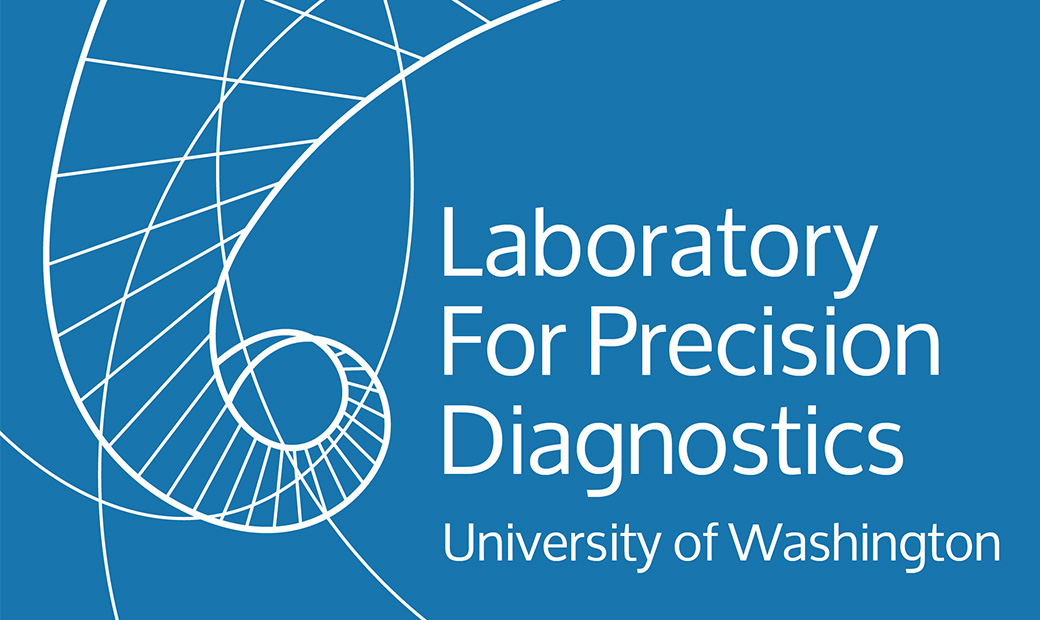Genes
Whole Genome
Test Guide
Chromosomal microarray analysis (CMA) can be used to diagnose genetic syndromes caused by chromosome deletions, chromosome duplications, or uniparental disomy (UPD). Examples include Down syndrome, DiGeorge syndrome, velocardiofacial syndrome, Williams syndrome, Prader-Willi syndrome, and unbalanced translocations.
It is typically the best diagnostic genetic test to begin with when:
- Fetal abnormalities are seen by ultrasound (ACOG Committee Opinion 581)
- There is an intrauterine fetal demise or stillbirth (ACOG Committee Opinions 581)
- A person has more than one abnormality not fitting with a known syndrome
- A person has developmental delay or intellectual disability
- A person has an autism spectrum disorder (ACMG Practice Guideline, 2010)
Ordering providers can choose whether or not variants of uncertain clinical significance are reported. The latter may be most useful for prenatal testing when ultrasound has been normal and the chance of a genetic abnormality is low. Wapner, et al. 2012 found that CMA revealed more clinically relevant chromosome deletions and duplications than did standard karyotyping, even when the reason for pursuing testing was maternal age or abnormal serum screening results.
Sample Reports
Uncertain Clinical Significance
Methodology
Chromosomal microarray analysis is done using the Illumina Infinium CytoSNP-850K BeadChip, which contains 850,000 probes for SNP markers. Analysis in the CGL is limited to detecting copy number changes (deletions and duplications) that include at least 10 probes and regions of copy number neutral absence of heterozygosity (AOH) that include at least 500 probes. Copy number changes containing no genes or found commonly in the general population are not reported. UPD is reported for telomeric regions of AOH >5Mb in length or interstitial regions of AOH >15 Mb in length. Possible identity by descent is reported when regions of AOH >3 Mb comprise ≥1.5% of the autosomal genome (approximately second cousins). Deletions and duplications of ≥400 kb are reported, even if clinical significance is unclear, as per provider request. Smaller pathogenic or likely pathogenic deletions or duplications in regions of known microdeletion/microduplication syndromes or in clinically relevant genes will also be reported.
Limitations of the test: Chromosomal microarray analysis will not detect imbalances in regions of the genome not represented on the microarray, low-level mosaicism (<20%), tetraploidy, balanced alterations (e. g. reciprocal translocations), methylation anomalies and other epigenetic events, or point mutations that may be responsible for a clinical phenotype.
Specimen Requirements
Sample Types:
- Peripheral Blood: 3-4 ml in EDTA (lavender top vacutainer). Keep at room temperature.
- Cord Blood: 1-2 ml in EDTA (lavender top vacutainer). Keep at room temperature.
- Products of Conception and Fetal Tissue: If identifiable tissue in products of conception, send chorionic villi. If material is small and unidentifiable, send entire sample. For stillbirths, send fascia lata, lung, or kidney if possible. Fresh tissue: 30-50mg in sterile transport media containing antibiotics (e.g. Alpha-MEM media, RPMI) or two T-25 flasks 80-90% confluent. Keep refrigerated. Frozen tissue (-20 degrees): 30-50 mg. Remove media before freezing. Keep frozen (-20 degrees) during transport. FFPE tissue: Please send curls or slides if possible. Contact lab if block is the only option. If sample is mixed maternal and fetal, send 10 unstained 10μm FFPE slides and one image of an H&E stained slide that has the area of villi marked. If sample is entirely fetal, send 10 x 10μm curls in two 1.5 mL tubes (5 per tube). Send at 20-25°C and protect from excessive heat.
- Amniotic Fluid: 15-20ml of amniotic fluid OR two T-25 flasks that are 80-90% confluent. Keep at room temperature.
- Chorionic Villi: Two T-25 flasks that are 80-90% confluent. Contact lab to discuss testing of direct uncultured villi. Keep at room temperature.
- DNA: 3-10 micrograms (minimum 1 microgram) at a concentration of 100 nanograms per microliter (or higher), suspended in water. Keep at room temperature. We can only accept DNA isolated in a CLIA-certified laboratory or a laboratory meeting equivalent requirements as determined by the College of American Pathologists and/or the Centers for Medicare and Medicaid Services.
- Saliva: 0.5mL in Oragene•ONE(ON-500) Collection Kit. Keep at room temperature.
Special Instructions
Return of Results: Results will be faxed to the number(s) provided on the test requisition form.
Turnaround Time: 7 to 14 days for prenatal or newborn samples; 14 to 21 days for pediatric or adult samples; 28 days for products of conception samples.
- For prenatal testing, add 2-3 weeks if sample needs to be cultured (more likely if gestational age <18 weeks).
- Bloody or discolored amniotic fluid samples or amniocyte cell pellets with blood cells present will be cultured to reduce the risk of maternal cell contamination.
How to Order
Please follow these steps:
Test kits and return shipping are available, as needed. Please call 206-598-8684 to request kits.
1. Complete CGL Constitutional Test Request Form, including billing information.
2. Collect sample.
3. Deliver to Clinical Genomics Laboratory as soon as possible. Samples are accepted Monday through Friday.
Ship sample overnight to:
Clinical Genomics Laboratory
University of Washington Health Sciences Building
Room H-561
1959 NE Pacific St
Seattle, WA 98195
Note: Orders cancelled after they have been submitted will incur a prorated charge based on the work that has been completed as of the time of cancellation.
Prior Insurance Authorization: When this is required by a patient’s insurance plan, we can do it for you. Download and complete the CPDx INSURANCE VERIFICATION FORM.
CPT Code & Cost
81229$ Please call the lab at 206-598-8684 for pricing.
